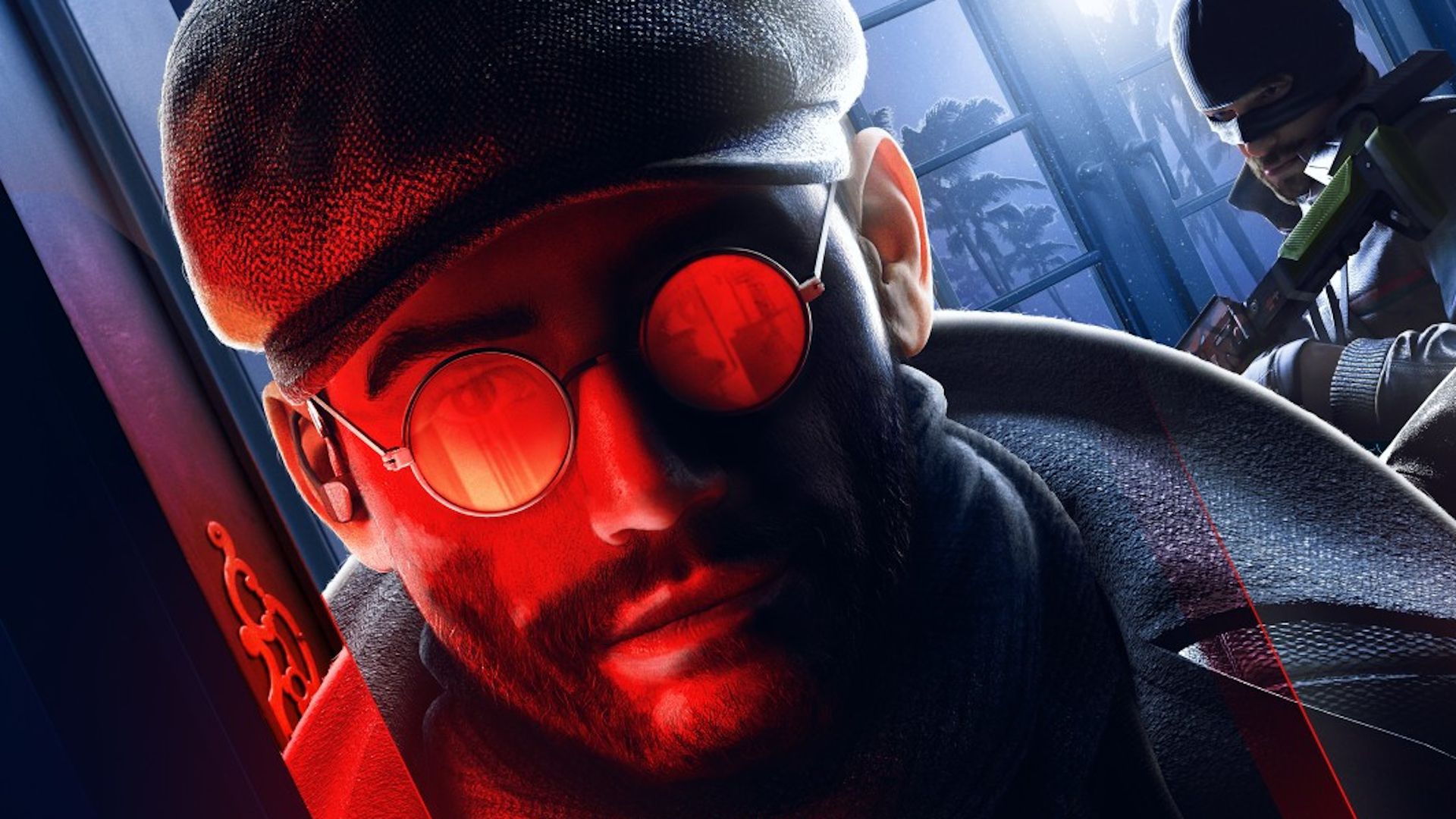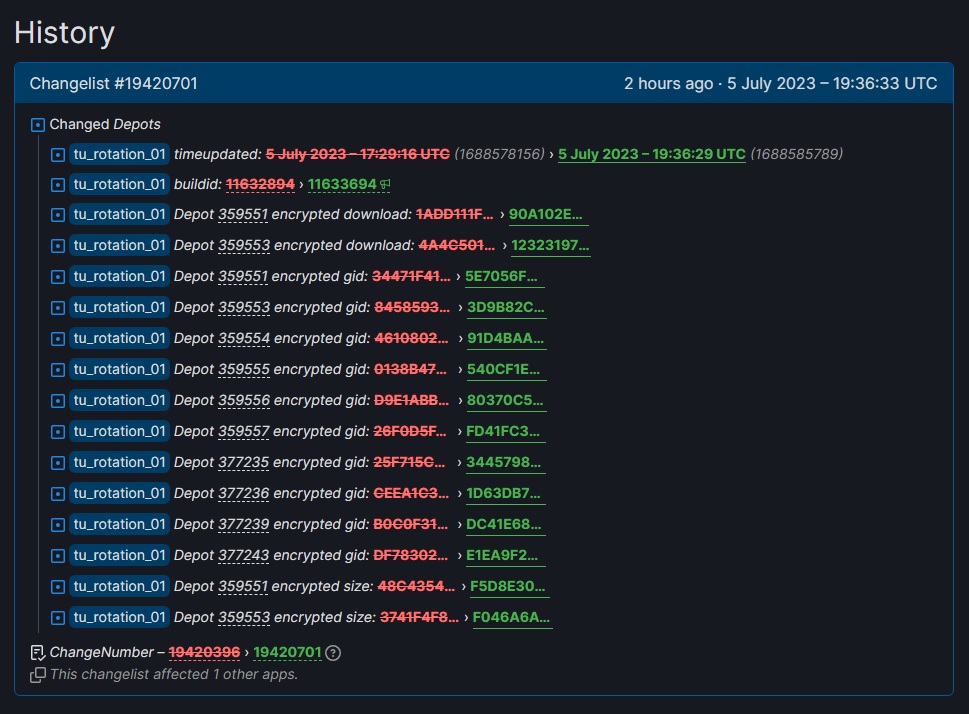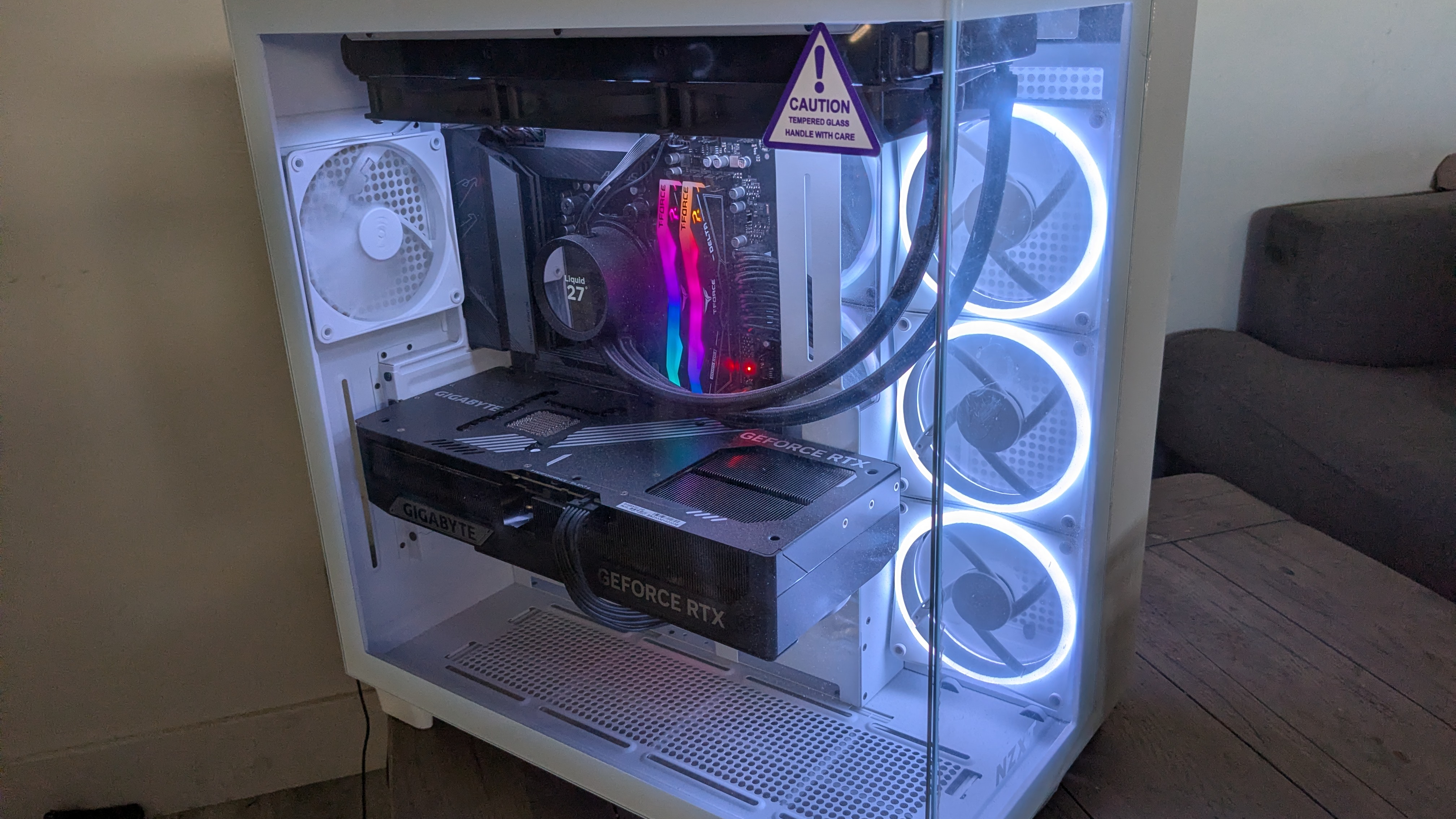Ubisoft is smashing hackers by the thousands with 'QB,' and we may never find out exactly how it works
Ubi's mysterious "QB" tech is attacking cheat development right where it starts.

Ubisoft is becoming quite the anti-cheat innovator as of late. In a Rainbow Six Siege community update published today, the studio went in-depth on the performance of its two newest anti-cheat initiatives: the widely-publicized "MouseTrap" tech that counters mouse and keyboard spoofing devices on consoles, and another mysterious feature known only as "QB" that apparently makes cheat development so difficult that some cheat developers are giving up.
A reported 78% drop in daily mouse and keyboard abusage on consoles is a success for the first-of-its-kind MouseTrap. We don't know exactly how many console players have used this technique, but the issue has been widely reported and complained about for years. Call of Duty is also cracking down on XIM cheaters.
But I'm much more interested in that QB feature that Ubi is being so secretive about. All we know for sure about QB are the scarce details Ubi has shared about it since it went online in November 2022. It's a PC-only feature that "aims to make cheat development more tedious."
How is it doing that? Ubi wants to keep that under wraps to "protect its integrity," but we have a pretty good idea of what's going on. Around the time QB went online last year, eagle-eyed fans noticed that Rainbow Six Siege's Steam version was receiving small updates every few hours with no obvious change on the player's end. The theory at the time was that Ubi is altering Siege's executable several times a day so that current cheats become incompatible, forcing cheat makers to match pace by constantly updating their erroneous tools.

Ubi hasn't confirmed if QB is in fact this elaborate game of compatibility hopscotch in action (or if it simply represents one piece of QB), but it hasn't denied it either, or offered an alternative explanation for the daily client updates that're still being pushed out nine months later. Ubisoft's status update today is consistent with the theories.
"We've seen great results from this system [QB] which has already contributed to the ban of over 10,000 cheaters, and we are only getting started!" proclaims the blog. (I suppose I would use an exclamation mark too if I had just publicly executed ten thousand cheaters.) "We've also been made aware that several cheat vendors have stopped creating cheats for Siege following this update and have been getting a lot of positive feedback from our community regarding their in-game experience since the deployment of this feature."
Now that's an impressive claim. We've seen developers' attempts at thwarting cheaters in all sorts of creative ways, like tormenting them with invisible enemies, creating proprietary cheat detectors that run in the background at all times, or aggressively suing individual outfits that make them as a message to those who'd follow, but QB seems like an even deeper cut. It attacks cheat development at a base level that, in theory, makes things harder for every cheat maker at once.
Keep up to date with the most important stories and the best deals, as picked by the PC Gamer team.
Which makes me wonder what's up with all the secrecy. QB is an effective and secure enough method of anti-cheat for Ubi to laud its success, but apparently vulnerable enough that it won't actually tell us how it works. Maybe Ubi isn't confident that QB will still be effective once hackers have had more time to counter it.
For whatever its strengths, QB certainly isn't a silver bullet at the moment: some quick googling shows several sites are selling Siege cheats that are claimed to work, though every site I checked had at least one Siege cheat marked as "not working" or under maintenance.
I'm cool with Ubi keeping QB an open secret, but at least come up with a better name. Next to MouseTrap, an objectively cool thing to call anti-mouse tech, "QB" is weak stuff. Unless it's short for Quantum Bayonet or something.

Morgan has been writing for PC Gamer since 2018, first as a freelancer and currently as a staff writer. He has also appeared on Polygon, Kotaku, Fanbyte, and PCGamesN. Before freelancing, he spent most of high school and all of college writing at small gaming sites that didn't pay him. He's very happy to have a real job now. Morgan is a beat writer following the latest and greatest shooters and the communities that play them. He also writes general news, reviews, features, the occasional guide, and bad jokes in Slack. Twist his arm, and he'll even write about a boring strategy game. Please don't, though.

